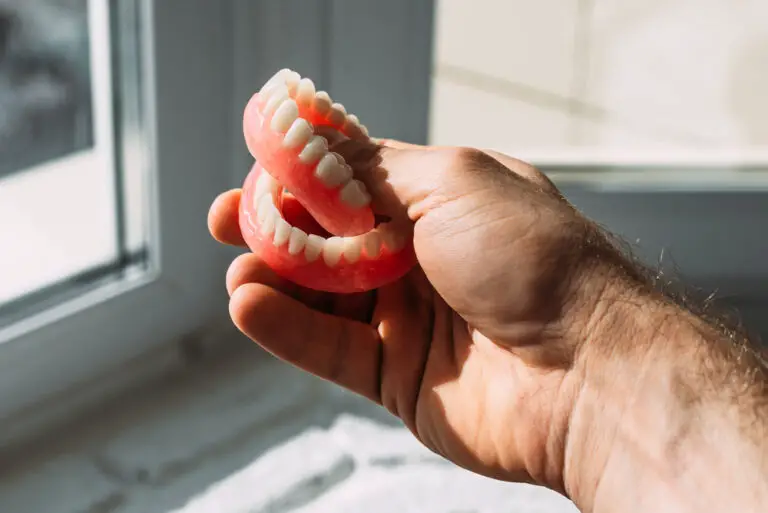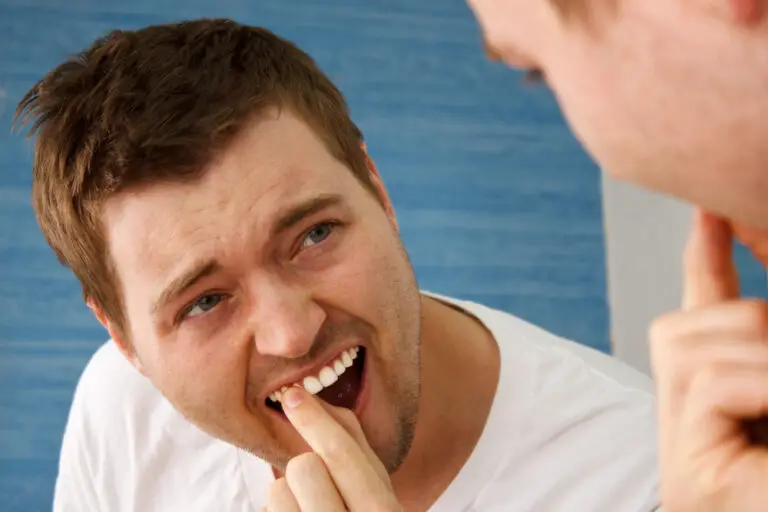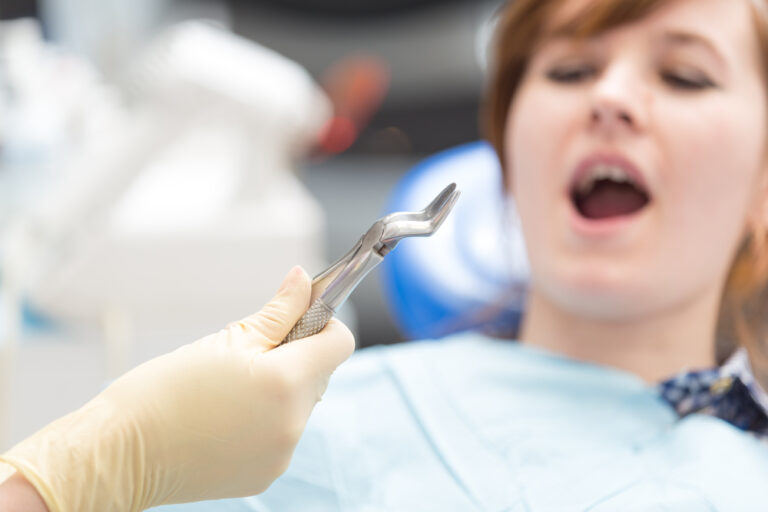Dentures with faded, discolored gums can end up looking artificial and unattractive. Luckily, there are several inexpensive, non-damaging ways to restore a natural gum color right from your own home. Darkening lightened acrylic resin can help dentures blend seamlessly with surrounding oral tissue again.
What Causes Dentures to Lose Color?
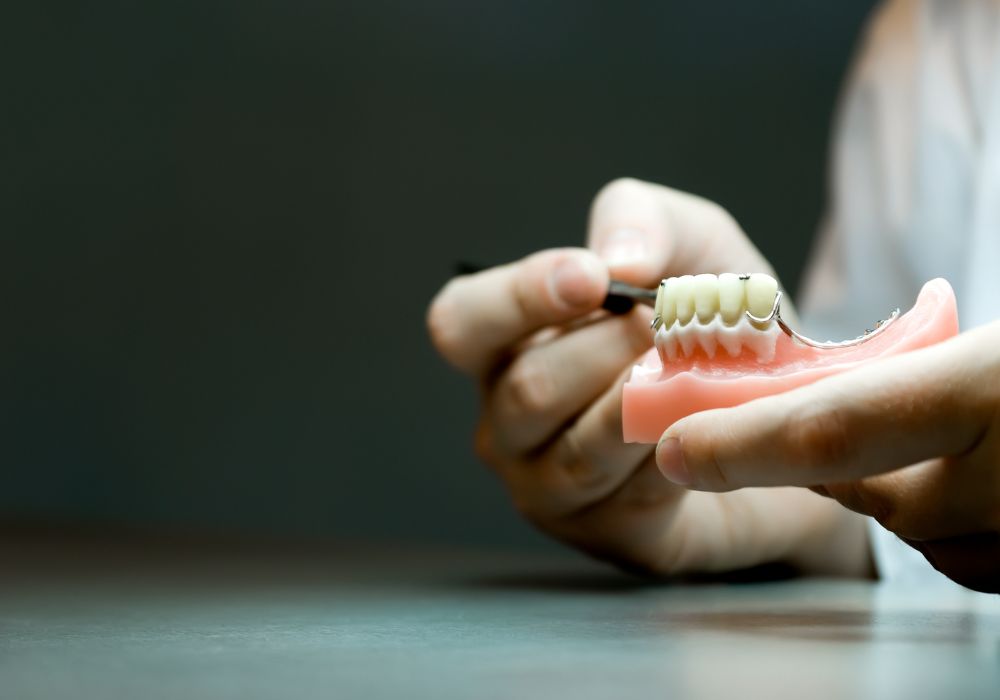
The acrylic base and gumline of dentures is tinted to match the natural pink shade of healthy gums. However, this acrylic resin is porous and over time it absorbs stains from food and drinks. Normal wear and tear also microscopically erodes the finish.
Dentures are also subjected to cleaning chemicals, sunlight exposure, and repeated handling that gradually degrades and fades the gum color. Smoking cigarettes when wearing dentures can also cause pronounced yellowing and darkening over years of use.
As dentures become porous and stained, the gum color will become uneven and unnaturally lighter. This can make dentures look obviously artificial in contrast to your actual gingival tissue.
The Most Common Causes of Fading Denture Gums:
- Wear and tear: The acrylic base slowly develops microscopic abrasions and erosion that lighten color.
- Whitening cleaners: Chemicals like peroxide bleach and fade pink acrylic resin over months of cleaning.
- Oral fluids: Saliva, plaque and tartar seep into porous acrylic and stain gumline.
- Smoking: Cigarette smoke discolors pink acrylic to yellowish-brown.
- Staining foods/drinks: Coffee, tea, wine, and curry can stain porous gum material.
- Sun exposure: UV rays in sunlight gradually degrade and bleach acrylic.
- Handling: Repeated insertion/removal wears down acrylic and rubs off pink tint.
Home Remedies for Darkening Denture Gums
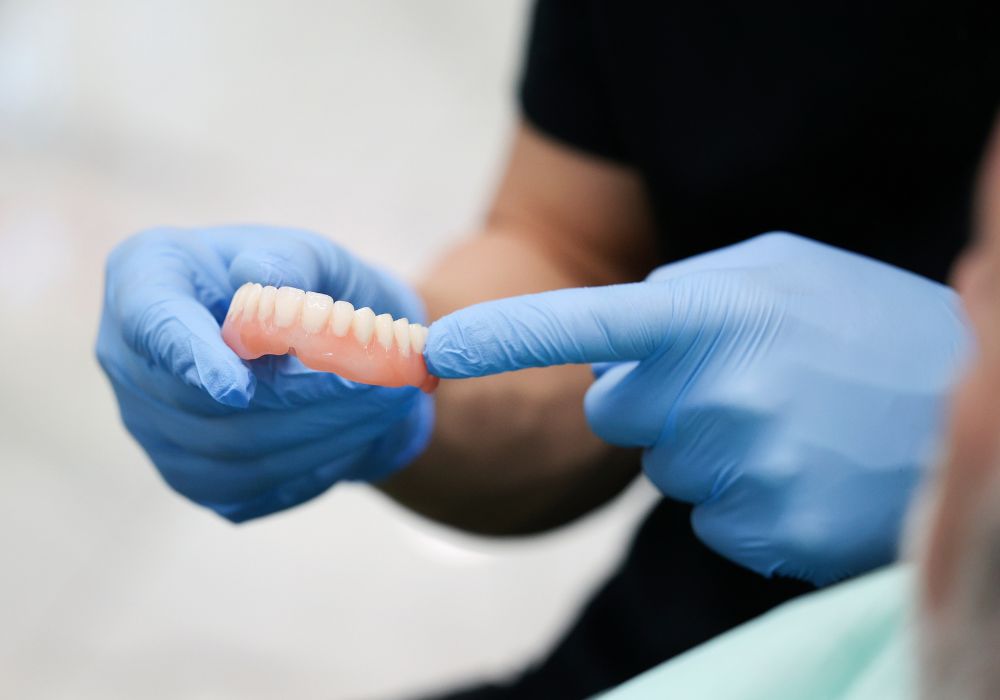
There are many simple home items that can safely and effectively re-stain lightened denture gums:
Beet juice
The anthocyanins that give beets their deep ruby color work well for staining light denture gums. Soak dentures in a bowl of plain bottled or canned beet juice for at least 30 minutes. For more dramatic color change, soak 2-3 hours. Rinse dentures thoroughly before wearing again.
Cranberry juice
Like beet juice, the dark reddish-purple anthocyanins in cranberry juice are an ideal natural stain for faded gums. Submerge dentures in 100% concentrated cranberry juice for 1-2 hours. Rinse dentures before wearing again.
Black tea
Multiple used black tea bags soaked in hot water contain enough tannins to re-stain denture material. Place dentures in a cup of strongly brewed black tea for 1-3 hours for deepest color change. Wipe dentures down before wearing again.
Food coloring
Standard liquid food coloring can be precisely applied to dentures with a small art brush. Carefully paint food coloring only on the gumline and let dry completely before wearing again. Repeat coats as needed to achieve natural denture gum shade.
Curry powder
The turmeric in curry powder contains curcumin pigment that can effectively stain lightened acrylic. Make a paste with curry powder and water. Apply paste to dentures and let sit 30-60 minutes before rinsing. Reapply as needed for desired color.
Berry juice
For a more gradual stain, soak dentures overnight in natural berry juices like blueberry, blackberry, or mixed berry. The anthocyanins in berries will subtly darken gum color. Rinse dentures in the morning before wearing.
Preventing Future Denture Discoloration
Once you’ve restored denture gums to a natural shade, be diligent about keeping them that way:
- Avoid extended exposure to sunlight which bleaches acrylic.
- Minimize soaking and cleaning with whitening chemicals like peroxide. Use gentle dish soap instead.
- Drink dark staining beverages like coffee through a straw.
- Have dentures professionally cleaned at least yearly to remove stains.
- Gently insert and remove dentures to prevent wearing down acrylic base.
- Store dentures moist in water or recommended solution to avoid drying and microscopic cracks.
When to Visit the Dentist
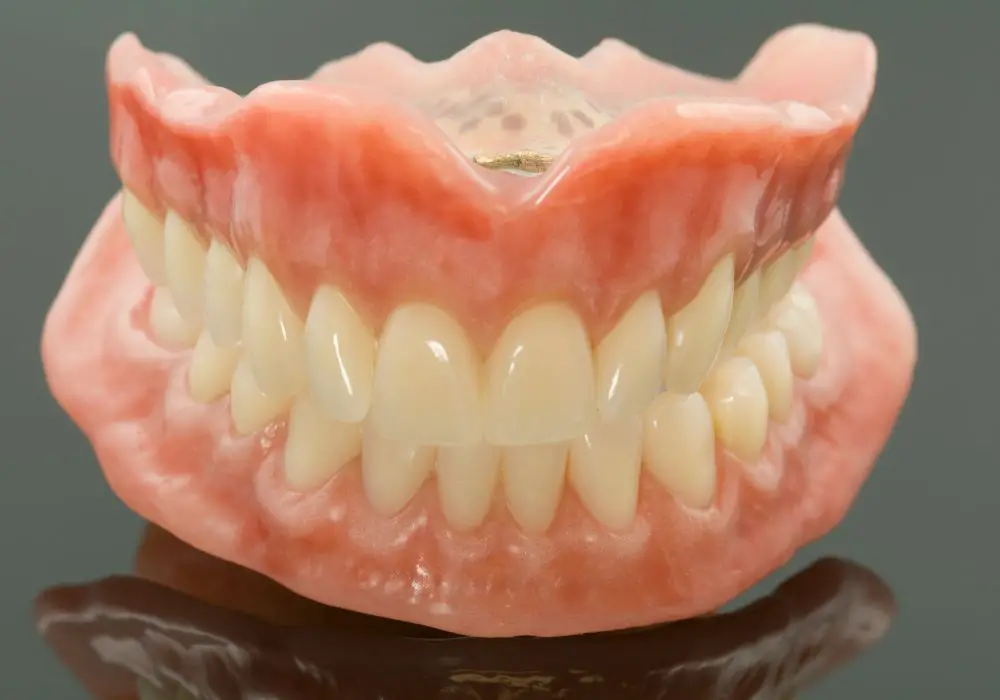
See your dentist promptly if you notice:
- Sudden change in fit indicating need for reline
- White, brown or black spots signaling possible infection
- Visible cracks, thinning,or warping of the acrylic base
- Chronic gum irritation, swelling or sores from poor fit
- Broken, chipped or sharp edges that require repair
Your dentist can thoroughly clean dentures and check for needed repairs or refitting. If gum discoloration persists despite good oral hygiene, completely new dentures may be required.
In the meantime, use natural home remedies to touch up denture gum color for a more attractive, uniform appearance.
Frequently Asked Questions
How long do homemade stains last on denture gums?
Depending on care and cleaning methods, homemade stains can last weeks to months before needing reapplication. Avoid using whitening cleansers.
Can I use instant coffee to stain dentures?
Brewed coffee is too mild to effectively stain dentures. Use concentrated juices, teas and spices for best coloring.
Do whitening toothpastes also bleach dentures?
Yes, whitening toothpastes and mouthwashes can lighten colored acrylic over time. Use regular non-whitening toothpaste on dentures.
Is it okay to smoke with stained dentures?
No, smoking with dentures will undo homemade stains and severely discolor gums yellow-brown. Remove dentures before smoking.
Why avoid soaking dentures in wine or soda?
The acids in wine or soda can erode and damage the acrylic base of dentures, leading to poor fit and permanant staining.



